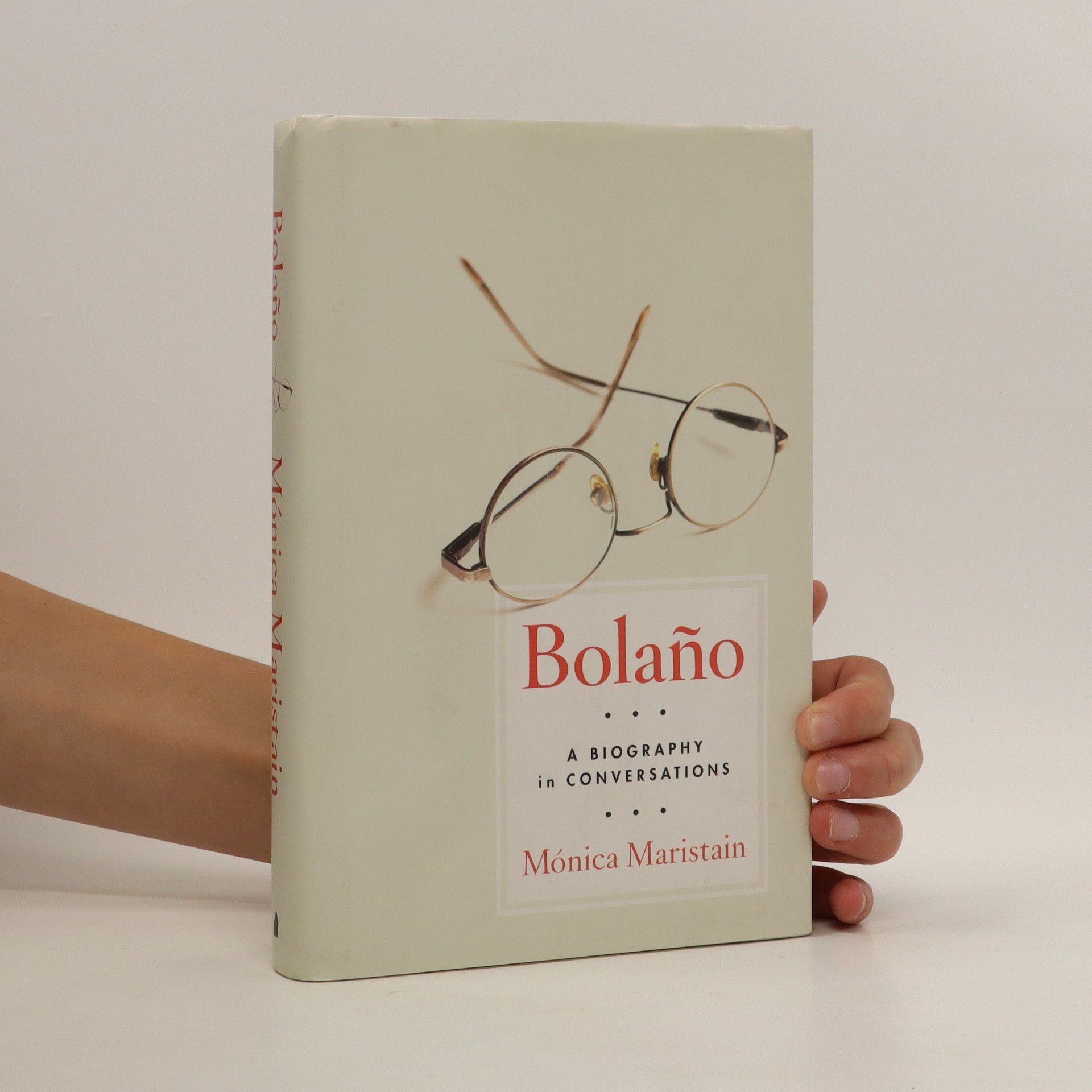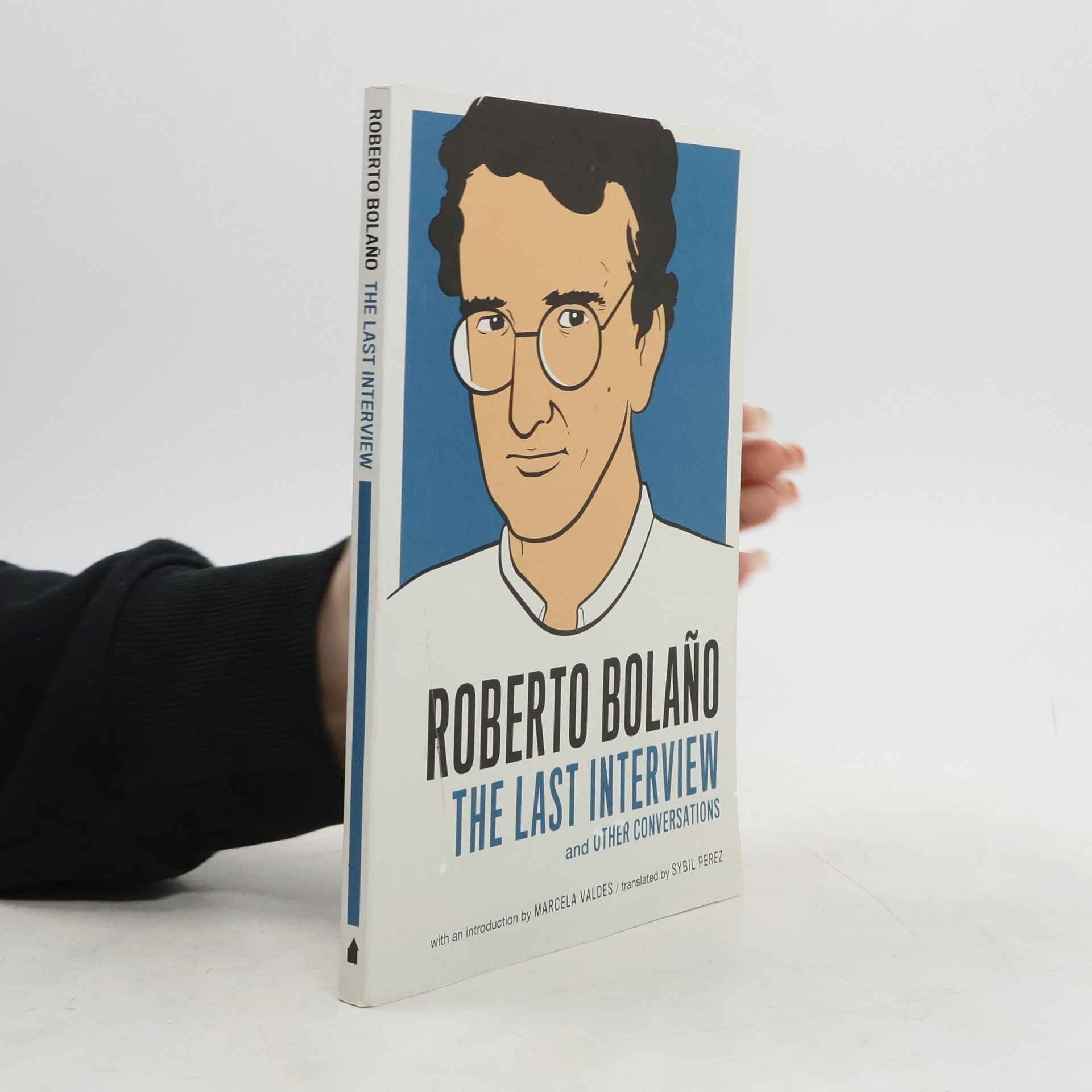Bolaňo: A Biography in Conversations
- 274 páginas
- 10 horas de lectura
The first biography of the Chilean novelist Roberto Bolano, author of 2666 and The Savage Detectives among many others. How to know the man behind works of fiction so prone to extravagance? This intimate and revealing biography is based on years of research and features interviews with family and friends. From his early life in Chile to his youth in Mexico and an infatuation with literature (fictionalised in 'The Savage Detectives'), to the stardom which eventually arrived with the global popularity of '2666', this is a brilliant portrait of an astounding talent.

